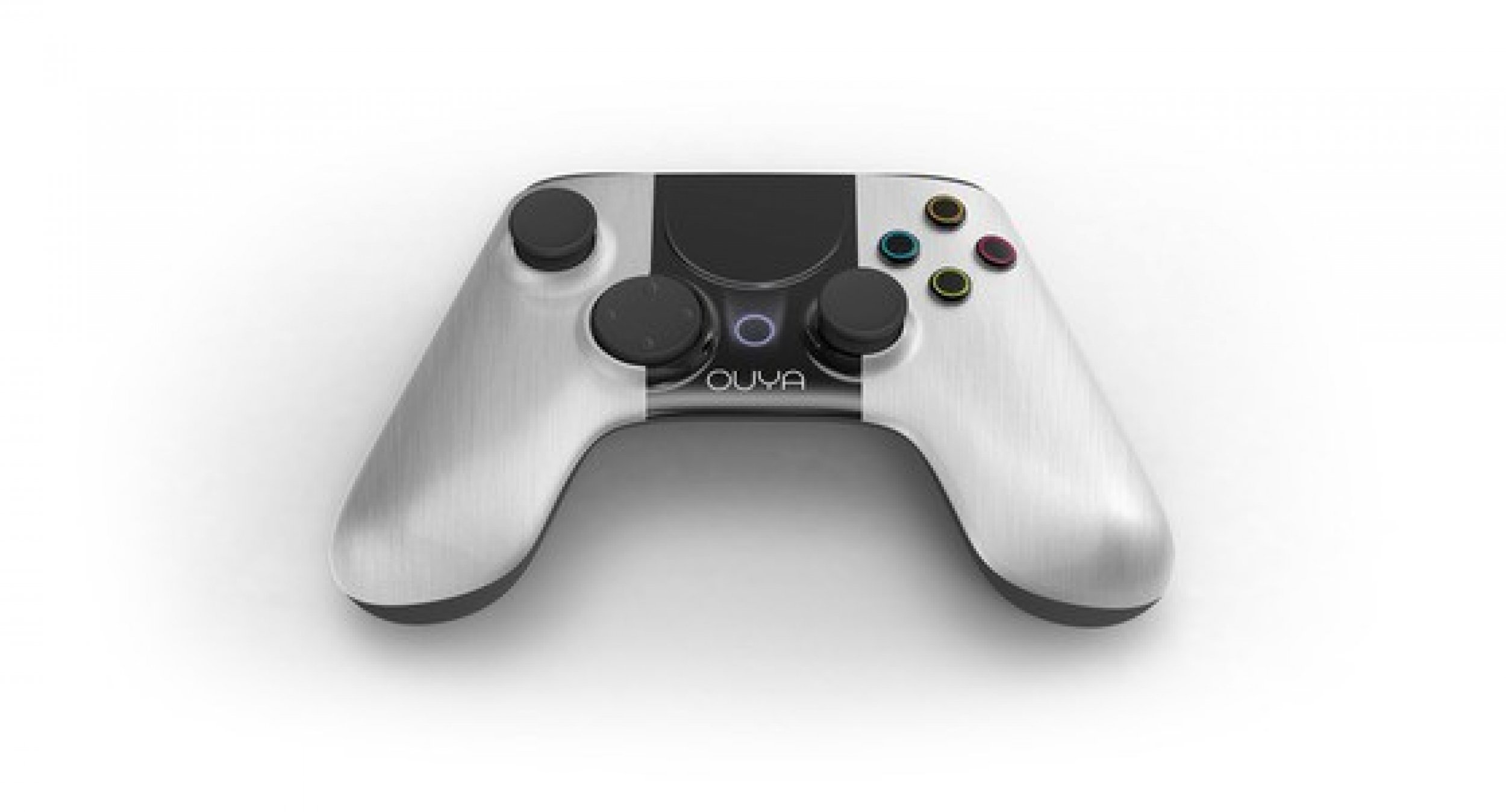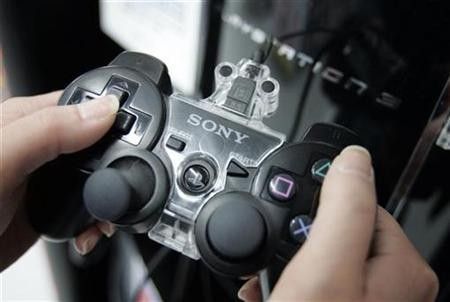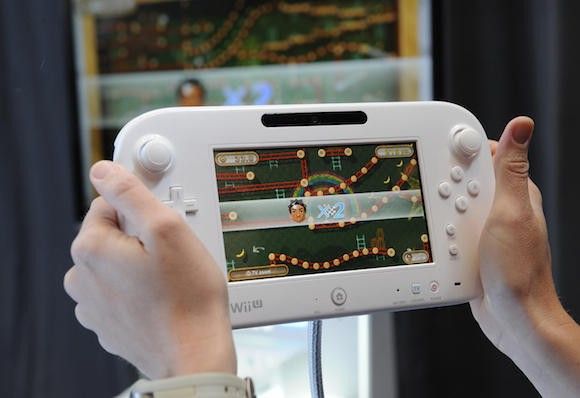Apple Game Controller Patent: Is Apple Actually Making A Video Game Console? [PICTURES]
Apple once again set the Internet abuzz this Thursday when rumours began to spread that the tech giant may have a video game console in development.
The rumors originated from a patent Apple recently filed that contains diagrams and sketches of something that looks an awful lot like Sony's Playstation 3 DualShock controller, leading many to conclude that Apple was moving beyond general interest consumer products like smartphones and tablets (and, perhaps, even television) into video game development.
Given the company's stellar reputation for revolutionizing the design and user interface of consumer electronics, the choice seemed like a logical step for Apple, even though the developments it spearheaded for touchscreen devices themselves had pushed much of modern gaming past analogue controllers themselves (see, for example, the Wii U). So after changing the entire game (no pun intended), was Apple itself taking a step back into the video games of old?
Turns out, Thursday's feverish rumors are not entirely true.
"[A] thorough read of the patent shows that Apple has been investigating the use of near-field communication chips and iOS, turning iPhones into controllers for all sorts of tech: cameras, home heating and garden sprinkler systems, Apple hardware and, yes ... games devices," reports MCV.
So Apple is not stepping into video game development necessarily. Rather, as is often company's habit when designing new products, Apple is trying to bring gaming more fully into the company fold than is possible with Macbooks and iPhones alone.
The title of the patent itself is "System and Method for Simplified Control of Electronic Devices," and it explains that "A person may use a wide variety of electronic devices each day, [but] initiating and establishing control of each device may involve a series of complicated unintuitive procedures using separate remote controls." By installing a NFC radio-frequency ID chip into all of its future handsets (presumably beginning with the long-awaited iPhone 5), the phone itself could then control any other local device carrying an RFID chip itself.
Rather than downloading specific apps to correspond with the separate devices users wish to control, users could instead simply log-in to wireless or sync with local devices and immediately begin using them through iOS itself. While there are plenty of kinks to work out in any system of this scale, any number of practical applications for home and office use spring to mind immediately.
One of them, of course, involves video games. But the alleged "game controller patent" is just one example of the system's potential application. MCV argues that Apple is most likely planning for third-party applications for the new controller functionality, which would explain why the drawings in the patent look so much like the DualShock.
Other uses, of course, would include using an iPhone or iPad to control an Apple TV -- either for gaming itself or just general viewing. Many iOS games already feature virtual joysticks or game pads (touch-screen version of traditional video game controllers), so Apple may simply choose to leave any development of more robust game controllers to third-party developers entirely, continuing their trend of syncing smartphones and tablets to as many other devices as possible.
One of the lessons many managers and businesses take from Steve Jobs' life, after all, is to "force the world to bend to your vision," as the recent Wired cover story puts it. Forcing games to adapt to Apple, rather than the other way around, would then seem to be more fitting to the Apple product ethos.
But in a post-Jobs Apple, it might benefit the company to take some cues from console developers itself. A recent New York Times story by Kotaku editor Stephen Totilo argues that while "casual gaming" traditionally lends itself to simplified hardware such as touchscreens and Wii-remotes, "the controller, ever so slowly, is crawling back."
Long heralded as a paragon of modern design, Apple could surely revolutionize gaming much in the same way it inspired a new generation of tablets and smartphones.



© Copyright IBTimes 2025. All rights reserved.





















